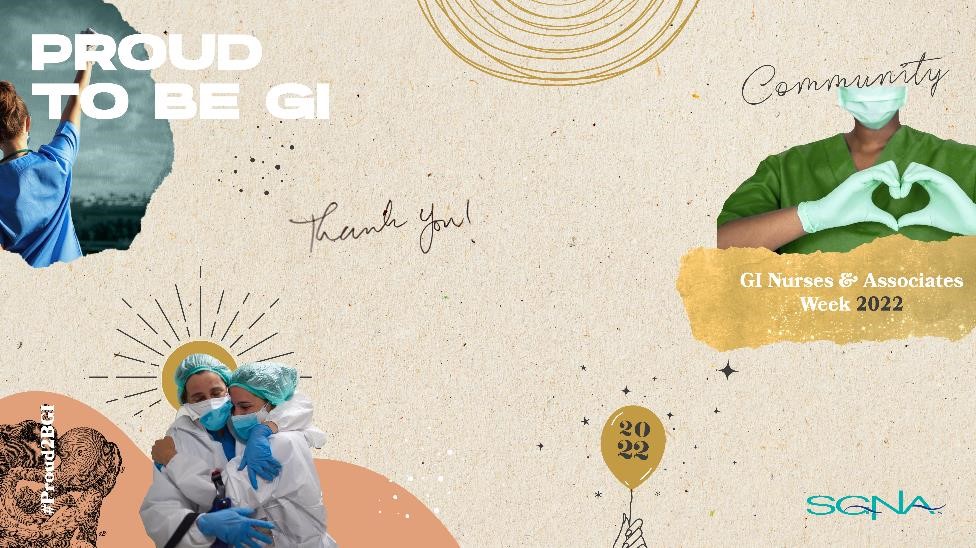The Society of Gastroenterology Nurses and Associates (SGNA) sponsors this week as a way to champion GI nurses and associates everywhere. After a particularly challenging couple of years in the nursing industry, GI nurses are celebrating their pride in their career choice and the hard work of all their peers.
Minority Nurse caught up with Jay Lardizabal MAN, BSN, RN, CGRN to talk a little about his career as a GI nurse and what it means to him. As a member of SGNA and the American Association of Nurse Practitioners, Lardizabal has spent time volunteering his skills with both organizations.
Lardizabal came to nursing in a roundabout way, and his path to becoming a GI nurse emerged because he paid attention to his intuition and his interests. “Coming from a Filipino family, I became a nurse because my mom somewhat pushed me to it,” he says. “Now that I am a nurse, I am happy that she did. I am truly grateful for that–a good reminder that mothers always know best!”
As Lardizabal spent time in the industry, he realized that the GI specialty was something that appealed to his interests and his skills. “I came to GI as a registry RN in 2009,” he says. “Back then, I had no clue as to what GI nurses were doing but I always knew I was happier in the GI department, so I stayed. It’s been 13 years now, and I am still chugging.”
Crediting a continual professional development pursuit, Lardizabal says that while GI nurses have to master the intricacies of the GI tract and all the related systems, being open to lifelong learning expands all the opportunities GI nurses have.
“My professional growth could be attributed to my department and my colleagues,” he says. “I am fortunate to have been one of the nurses sent by my department to attend national conferences like SGNA. That is pivotal in my understanding of what GI nursing all is about.”
Staying current with all the developments in GI treatments is essential, says Lardizabal, and professional development opportunities, whether from conferences, seminars, or courses, helps keep GI nurses current. “The most challenging part of GI is catching up with the speed of how GI technology is evolving,” he says. “It is not a bad thing; it actually benefits the patients.”
Nurses who work in GI are also excellent ambassadors to help spread awareness of their specialty and how much they help patients. “A lot of people do not realize that GI is not only about EGD and colonoscopies,” he says. Explaining what the specialty involves helps remind Lardizabal of why the specialty is so exciting. “When I show students around my department, I can’t help but be amused by how their eyes grow big when they hear about what we do in our lab,” he says. “EGD and colonoscopies are just the tip of the iceberg!”
But it’s the patient interactions and relationships that matter most to GI nurses, especially Lardizabal. “It is an honor to experience being trusted by patients,” he says, “and be handed control on those moments when they feel vulnerable.”
- Why Finding a Nursing Community Is Important - May 10, 2024
- A Camp Nurse Volunteer Shares the Joy - April 30, 2024
- Is the FNP Program Right for You? - April 24, 2024



